| International GLOBAL CITIZEN’S AWARD | |||||||||||||
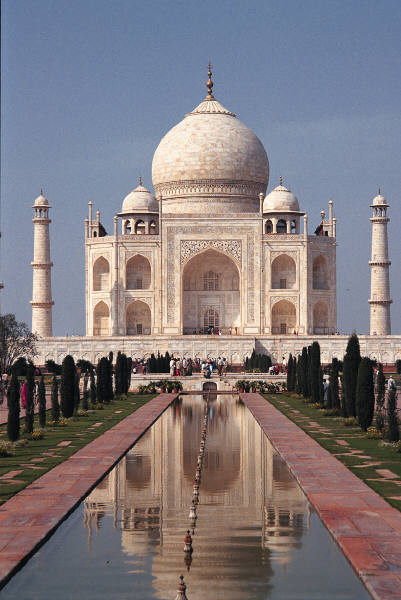  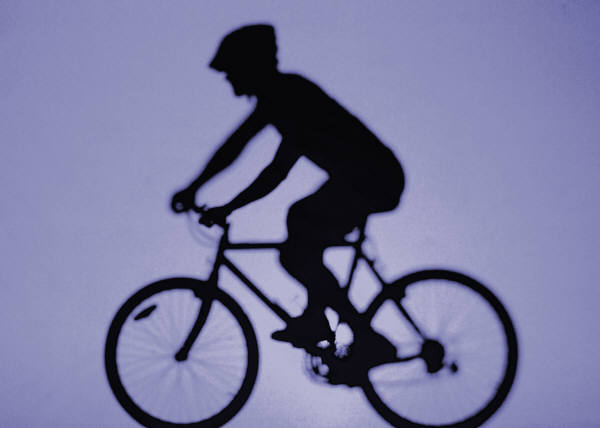  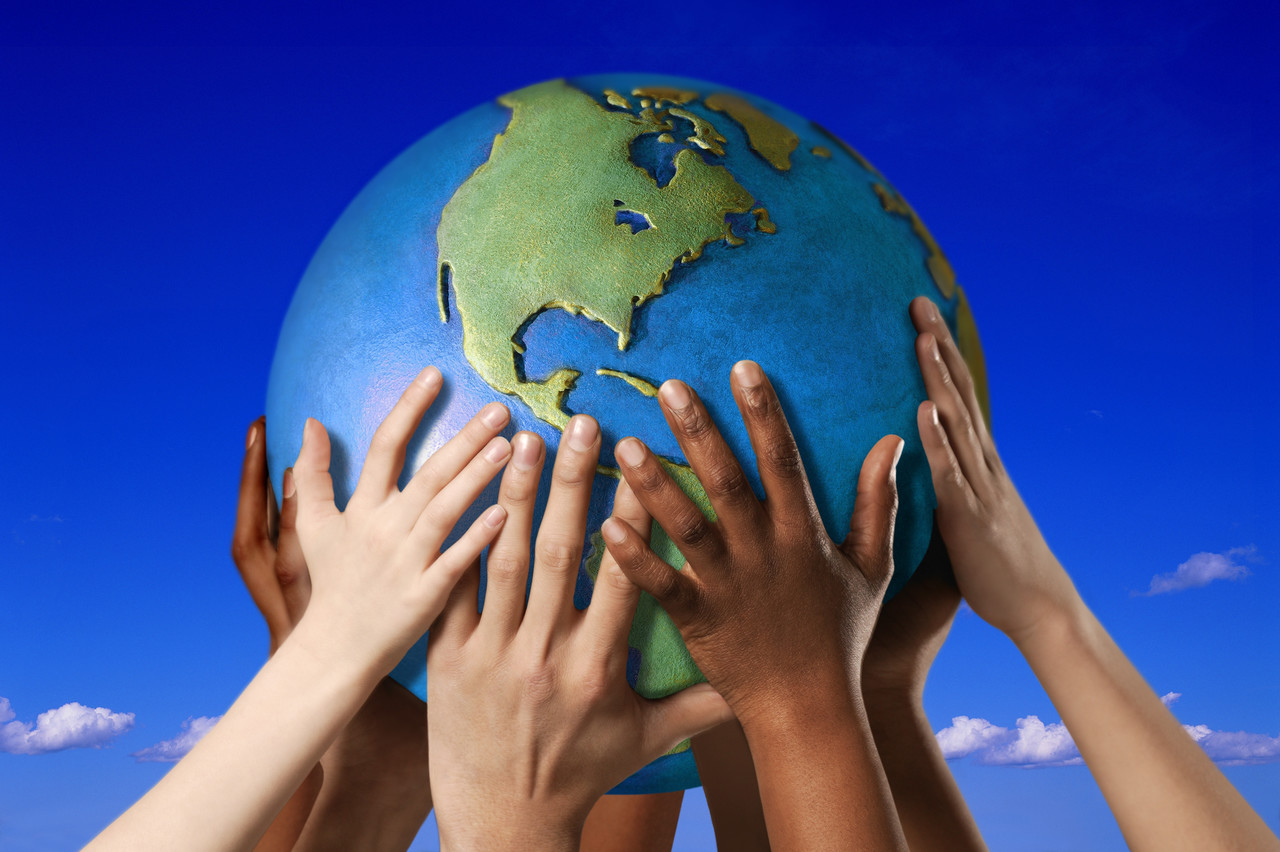  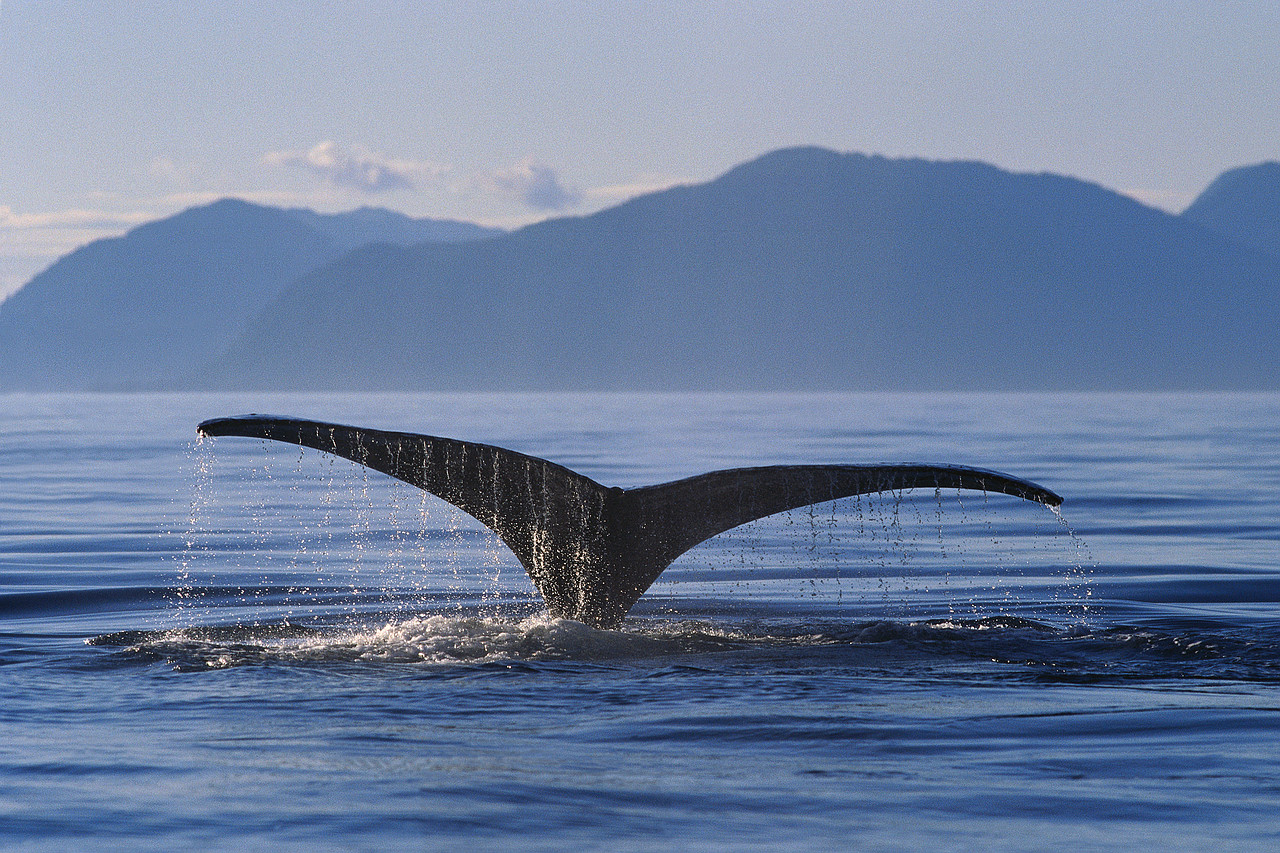      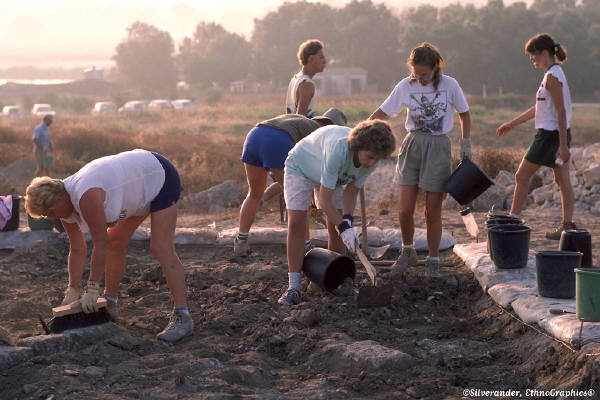 |
|||||||||||||
|
The
International Global Citizen’s Award Just going about our normal everyday lives, we are having an impact on the lives of other people, and on the environment. This has been described – rather loosely - as making a “footprint”. Our “personal global footprint” is the effect that we each have personally on the environment and the lives of others around the world. We have an impact upon the environment, as we use resources and produce heat and waste. We also have an impact on the lives of other people, because we buy their services (when they do things for us, like cooking food, hairdressing or serving us in hotels or shops) or things they are involved in producing or making (like our food, clothes, electricity, raw materials for things we use). As many of the things we now buy come from many different countries, simply by buying (or not buying) things we can have effects on the lives of many people around the world. This section involves considering more fully and finding out more about how our lives have an impact on the environment and on other people –around us, and perhaps far away. By making some simple choices and taking some simple actions, we can improve things for other people and for the environment. 2.1 Being good with money Of course, we can make a difference by giving money away - to people who are less well off than we are; or we can donate to charities we support. But in our ordinary lives, the way we spend money on everyday things can make a difference. By choosing to buy particular items, or not to buy certain things, we are making decisions which can have an impact upon the lives of other people and the environment. For instance, if we spend our money on things produced locally or in other countries, this has an impact. Some things are produced in ways which cause damage to the environment, or involve people working under poor conditions. “Ethical shopping” or ethical consumerism, as it is sometimes called, means buying products or services which were ethically produced or delivered, and/or which are not harmful to the environment and society. By ethically produced, we mean that the people involved in the production were treated fairly in terms of their employment – their wages and conditions, or the price they were paid for their goods or services. After we have found out more about the products and services we use, there may be some changes in lifestyle that we wish to make. We may not have responsibility for some things, at home, at school, or in our place of work, but we can try to influence other people in their decisions about how money is spent. For instance, a number of products produced in the developing world are now available in some other countries as Fairtrade items. A number of Fairtrade organisations in different countries certify certain producers and products to confirm that people involved in the production are employed on fair terms and conditions. Fairtrade produce is specially labelled, and by buying Fairtrade items – which usually cost a bit more – we know that the people growing or producing them have been fairly treated. Examples of activities:
2.2 Environmental responsibility As we
go about our normal everyday lives, we are having an impact on the environment
around us, and, often, on the global environment more generally. Examples would depend very much on where people live but might include
|
||||||||||||
|
|||||||||||||
The
International Global Citizen’s Award E: info@globalcitizensaward.org |
|||||||||||||

